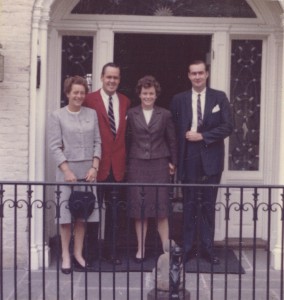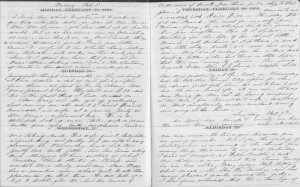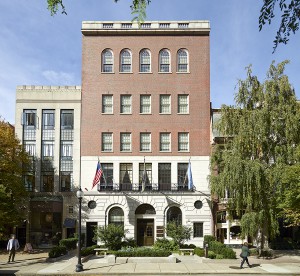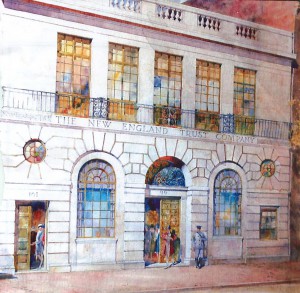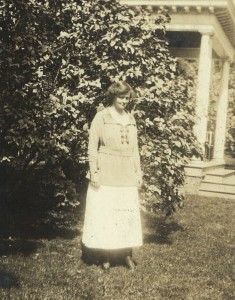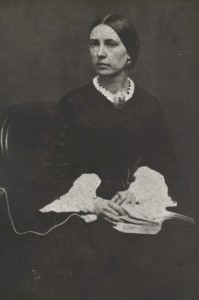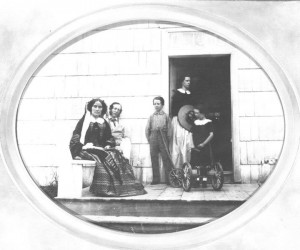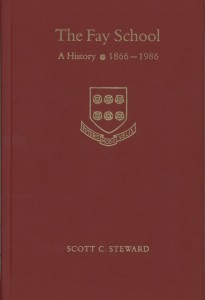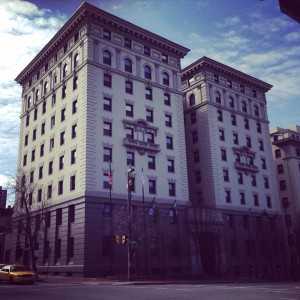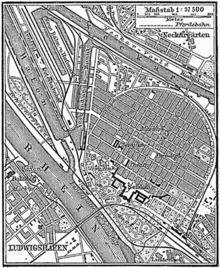
My great-grandmother was one of a large family, and when her mother died in 1924 the family house was evidently broken up, its contents divided between Wally and her nine surviving brothers and sisters. A fascinating family register, listing my great-great-grandfather’s twenty-three children and (most of) their birthdates descended to the youngest daughter: her granddaughter, my second cousin once removed, now has it. My great-grandmother Wally received a curious trove of documents associated with her father, a well-known musical instrument-maker: her portion included an 1845 passport from the Grand Duchy of Baden, an 1863 receipt for a soldier substitute, and an 1899 condolence letter from William Boucher Jr.’s half-brother to his widow. Continue reading Brigadoon
